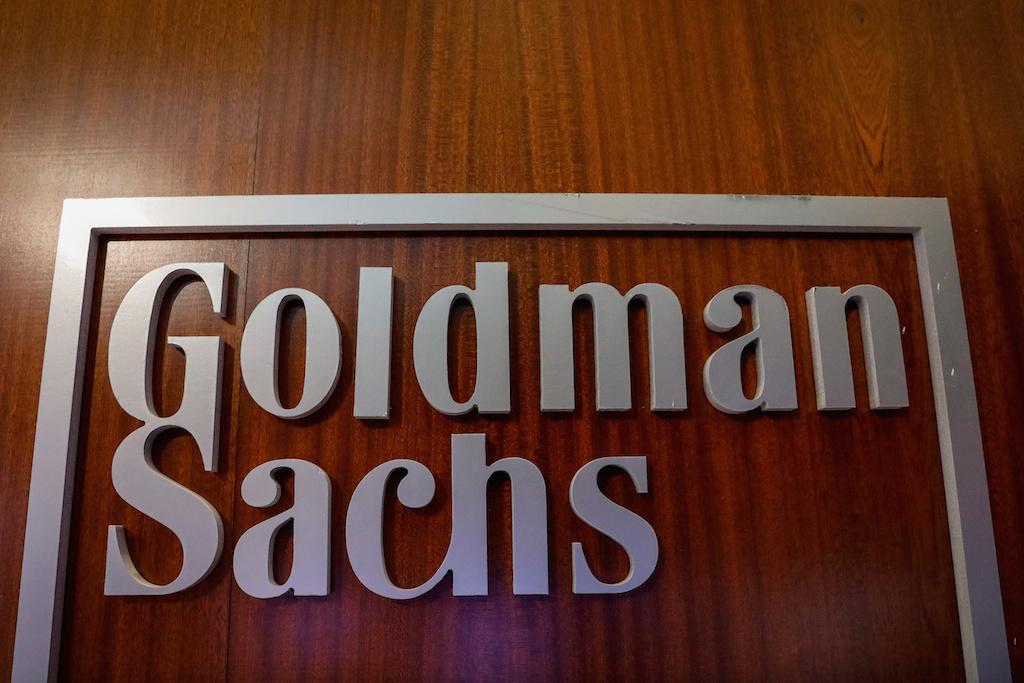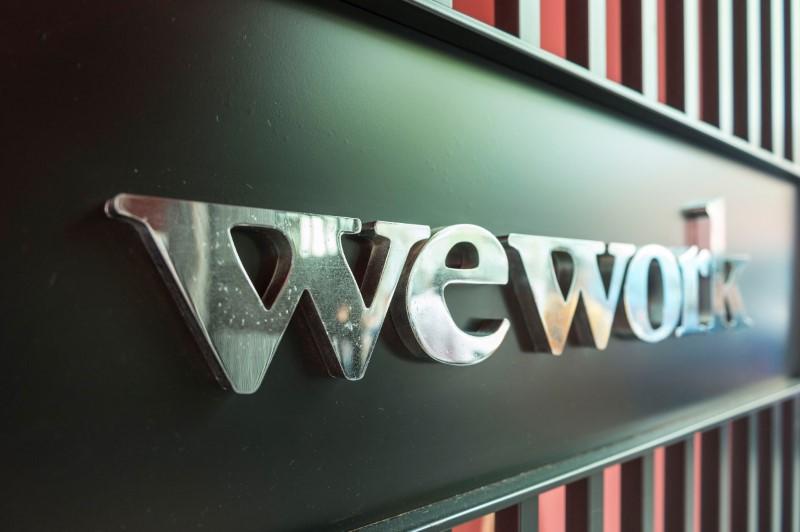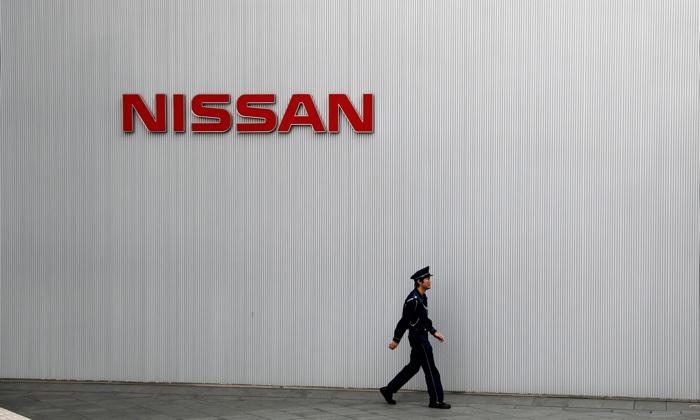When two Irish brothers started Stripe Inc. together in 2010, there was little question about where they should put their headquarters. It had to be California. Now, though, Stripe is leaving the tech mecca of San Francisco, awash in tech talent and investor cash, and is in the process of moving its main office about 10 miles to neighboring South San Francisco. What’s more, the company—whose $35 billion valuation makes it one of the world’s most valuable startups—is currently building up its staff in another state altogether: New York.
In September, Stripe opened an office near Wall Street the company told Bloomberg and plans to add several hundred employees there in the coming years. The startup’s planned New York growth is on track to outpace its headquarters’.




